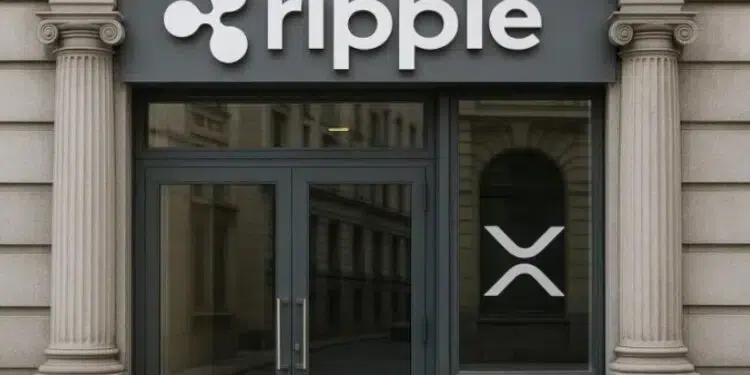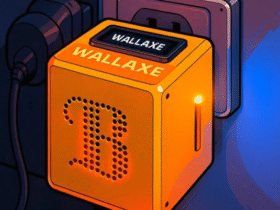Ripple is waiting to obtain a banking license.
For Gilbertie, the firm led by Brad Garlinghouse is at the center of the universe.
Ripple Labs, the company that issues the XRP cryptocurrency, is at a key moment in its history: it is waiting to know if it will become part of the United States banking system.
The company requested on June 30, 2025 from the Office of the Comptroller of the Currency (OCC) the creation of Ripple National Trust Bank.
If it obtains the green light, it would operate as a national trust bank regulated at the federal level, as reported by CriptoNoticias. This is such a milestone for the company and for the digital asset ecosystem.
Sal Gilbertie, CEO of Teucrium Trading, does not hesitate to state that Ripple Labs has the potential to become a top-tier bank if XRP manages to triple its price.
“If Ripple obtained a banking license, it would stop selling XRP to stop the oversupply and capitalize the bank. With
To put it in perspective, JP Morgan, the largest entity in the United States, has a market capitalization that exceeds $819 billion.
According to Sal Gilbertie’s projections, if XRP tripled its price and Ripple stopped selling coins to capitalize its bank, the company could approach that level, becoming a serious competitor within the traditional financial system.
“Once they get their banking license, they’re going to be incredibly well capitalized. Why would they want to sell XRP? They’re going to hold on to that as it goes up in value,” he added.
“Ripple is a machine”
In that sense, Gilbertie highlighted that the firm led by Brad Garlinghouse is building a solid and well-capitalized financial institution, relying on the XRP Ledger technology and a reliable regulatory framework.
In addition, he highlighted the work done by the Ripple team, which he described as “a machine.” “I just think Ripple is at the center of the universe,” he said.
His claim is based on the fact that XRP Ledger operates in both the digital asset ecosystem and the traditional financial system. This positions Ripple as a key player in the medium and long term, with the ability to influence the evolution of financial services.
Gilbertie gave as an example RippleNet, a payments network that connects banks and financial institutions to send money globally quickly, cheaply and securely, without necessarily requiring the use of XRP.
“Most are using RippleNet in a more traditional way, just so that information flows more accurately. With the CLARITY Act, I think the use case for XRP will be boosted. People will not be afraid to hold XRP or any token on their balance sheet,” he added.
As CriptoNoticias has reported, The CLARITY Act seeks to define what assets are goods (commoditie)s and what they are securities (securities). In addition, it proposes establishing oversight roles between the United States Securities and Exchange Commission (SEC) and the Commodity Futures Trading Commission (CFTC).
In this way, the regulatory overlap that generated uncertainty is eliminated. It should be noted that the project was approved by the House of Representatives, but must still be voted on in the Senate to become law.
Aside from Gilbertie’s optimism, the concrete thing is that Ripple’s evolution will depend on both the approval of the banking license and regulatory clarity on digital assets, factors that will define its future role in the financial system.






Leave a Reply